Cats are curious creatures by nature, often drawn to the allure of the outdoors. While exploring can enrich them, it also exposes them to various hazards. As responsible pet owners, understanding these dangers and taking proactive steps to mitigate them is crucial for ensuring our feline friends stay safe and healthy.
Other Topics You Might Like
Helpful Products You Might Like
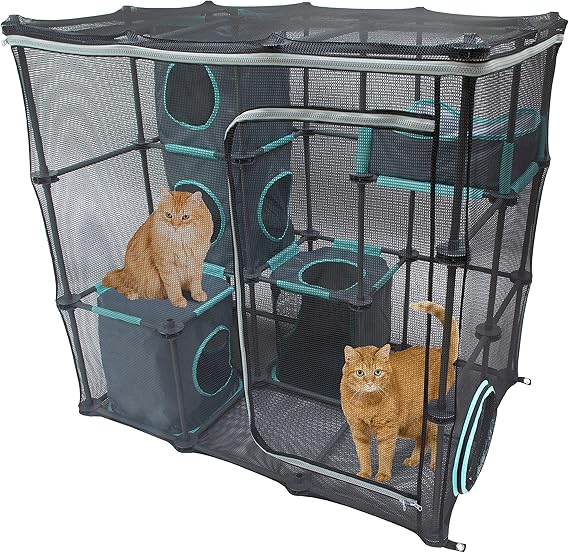
Kitty City Outdoor Catio Furniture and Play Kits for Cats
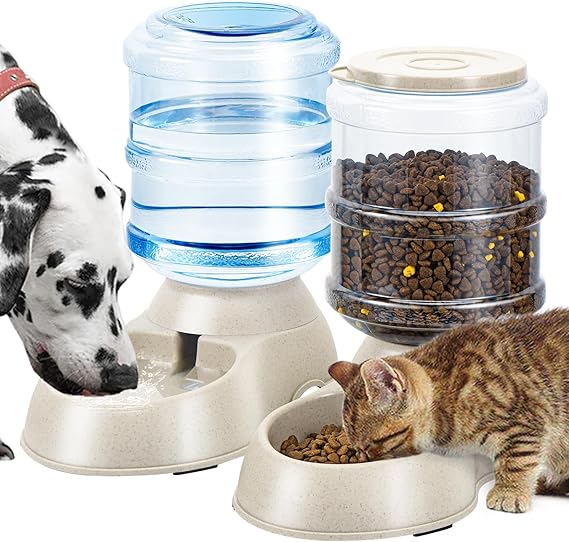
2 Pack Automatic Cat Feeder and Water Dispenser With Pet Food Bowl
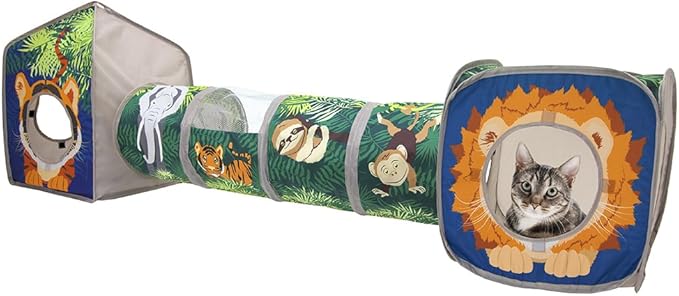
Kitty City Jungle Cat Cube Combo
"(Paid Links)" 
Traffic and Road Accidents
These risks are evident since the outdoor or free-roaming cats invariably face traffic. The roads and the vehicles include a significant source where cats may run occasionally, crossing over the streets randomly. It is advisable to either confine-hold your cat or have installed an outdoor cat enclosure e.g. a catio style. If your cat has to go outside, ensure they’re under supervision or at least wear a harness/lead for dexterous cat walking/training.
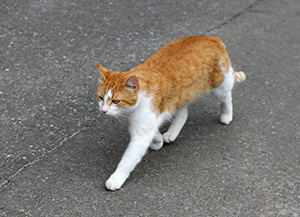
Predators and Wildlife
Wild cats are also prone to predators, even if they live in an urban arena: dogs, coyotes, and even bigger birds of prey like hawks. Encounters with wildlife can result in severe injuries or death as well. To mitigate the risk, try to keep watch on outdoor activities when the sun rises and sets while predators are active. A safe outdoor compromise will be building a secure enclosure for your cats.
Poisonous Plants and Chemicals
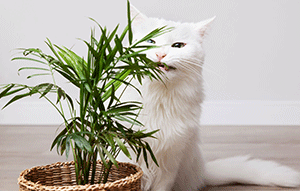
There are many plants or even household items that can be harmful to primary coon cats (or simply cats) if they ingest them. These include plants like lilies, certain azalea plants, oleander species etc. Many dangerous items include pesticides, certain fertilizers and also antifreeze. Try to understand the different offensive chemicals and plants, clean them from your compound or yard, or at least keep them away safely. Train your cat accordingly not to eat such plants or seek alternatives like cat grass/catnip.
Fights and Territorial Disputes
Outdoor cats are highly likely to encroach on territories owned by other cats or animals, leading to fights and injuries. As a result of these scuffles, there may be some form of an abscess, infection, or even the spread of diseases such as feline immunodeficiency virus (FIV) or feline leukaemia virus (FeLV). Spaying or neutering your pet minimises aggressive behaviour, and providing sufficient space and resources for each pet reduces the amount of fighting.
Harsh Weather Conditions
Extreme heat or very cold weather, combined with bad storms, are all threats that outdoor cats have to live with. For instance, in summer, they may get heat strokes, and in winter, they may experience hypothermia. As a solution, ensure your cat has an outdoor insulated shelter or a garage or shed for winter. Also, make sure when going outdoors that fresh water is available, and reach out to any areas with a risk of a trapped feline or some other debris.
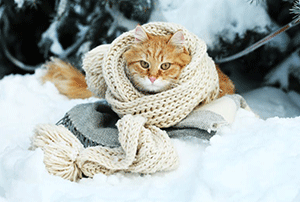
Lost or Stolen
The risk of stealing or losing pet cats is considerably elevated when outdoor cats are concerned. Pets may roam away from their home and be unable to return or be lost due to theft. In order to prevent such a loss, microchip and collar your cat with an identifying tag. If cats are lost, owners should take new and updated photographs and records to assist with recovery.
